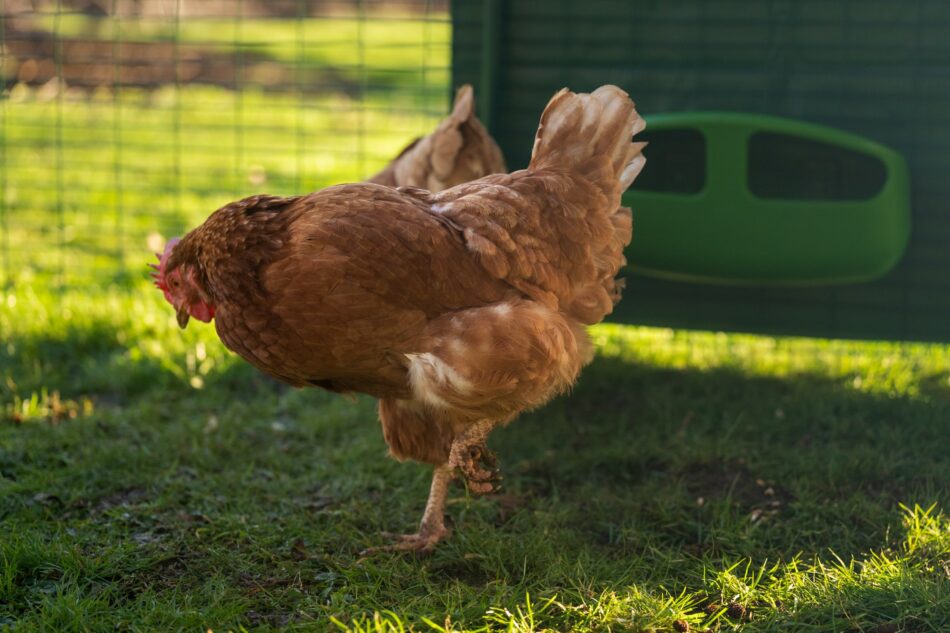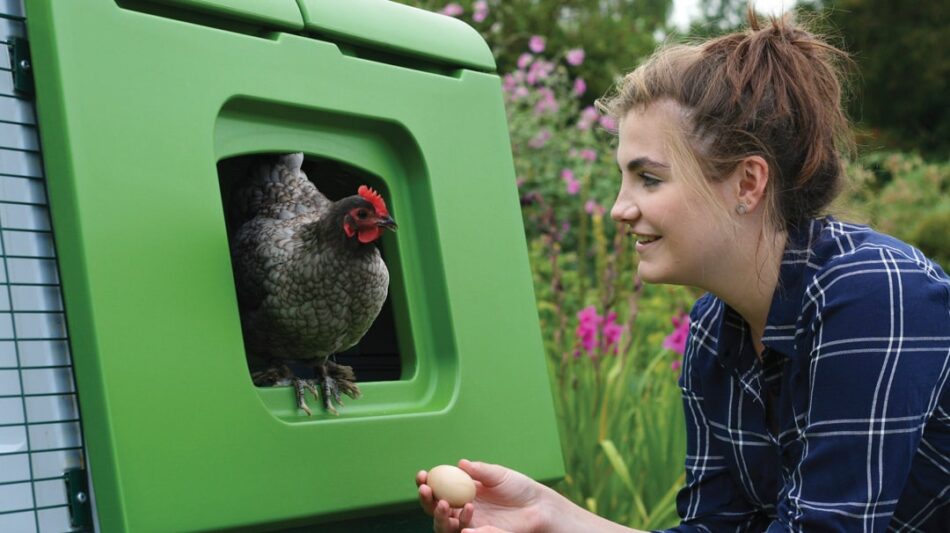How to find and buy chickens at the moment
Wondering how to find and buy chickens at the moment? In the past, finding chickens has been easier in the spring — but recent years have seen a shift in this trend. Find out where to find chickens right now, and what to expect when it comes time to bring them home.
Finding chickens online
One of the best ways of finding people selling chickens is to Google ”buying chickens + your town or county”. There are several websites online that allow people to post adverts for chickens, or you’ll be able to find websites and contact information for farms or smallholdings that are selling chicks or hens.
Here are some good terms to search to use:
Chickens for sale
Simple, but effective. If you just want chickens and don’t really care about how old they are, what breed they are or how many eggs they will provide you with, just google chickens for sale and the town or area you’re in.
Point of lay chickens for sale
A point of lay chicken is a chicken that has just begun laying eggs. This is a good time to get hens, as they are old enough to take care of themselves but happy to be moved and introduced to a new home. When point of lay occurs varies somewhat between breeds and other external circumstances, but it generally happens when the chickens are approximately six months old. It’s worth noting that it will normally be another 6 months before the hen is fully grown and laying to her full capacity.
People selling larger amounts of hens often hatch chicks in batches, and they might not always have hens that are ready to leave the same week you contact them. It is best to get in contact now in April if you want to collect your hens in May, June, or even July.
Rare/pure breed chickens for sale
These chickens are bred from show birds, and the breeders are often affiliated with a poultry club. The chickens will have been well taken care of, and the breeder will be knowledgeable about the breed and chicken keeping in general, so you will be able to ask them lots of questions about the birds.
These chickens are often a bit more expensive than hybrid hens, but you will know what you are getting. This is especially useful if you have a clear idea of what type of chicken you would like. Read up on some chicken breeds here and choose one that you think will suit you, your requirements and your garden.
It’s best to contact the person you are planning to buy the chickens from, and ideally pay them a visit to see what their setup is and under what conditions the chickens are living. This will help you pick a good breeder that treats their animals well, so that you can be sure that your chickens arrive happy and healthy.
Alternatively, if adopting hens in need is more in line with your chicken-keeping goals, then searching for a chicken rescue group such as the BHWT will help you locate an organisation to work with.
Finding chickens in person
You can also check with your local animal shelter in person to see if they have any chickens available for adoption. Hens will periodically be surrendered or confiscated from previous owners, and are easily stressed in a shelter setting. Animal shelters will usually have low adoption fees for chickens in order to get them rehomed in a less stressful environment quickly.
Hatch eggs at home
You can incubate and hatch eggs any time of the year. Incubators are relatively inexpensive and easy to use, but we do suggest purchasing a trustworthy incubator with the following features:
- Automatic egg turner (otherwise you’ll need to rotate the eggs several times every day)
- Internal thermometer and hygrometer (to measure humidity levels)
- Hatching level plate (to give hatchlings enough room to stand after they hatch)
Fertile eggs are necessary for hatching. If your flock doesn’t have a rooster, hatching eggs can be found through hatcheries, breeders, or individuals.
If you don’t want to buy an incubator, you can wait for a hen to go broody — meaning they decide to sit and hatch a clutch of eggs. But, broody hens upset the natural laying schedule of the entire flock, as they will try to hoard all of the eggs under themselves in order to hatch them. It’s best not to encourage broodiness in hens unless you have a large laying flock, as well as a rooster to provide fertilised eggs. Otherwise, you will spend a lot of time “breaking” a broody hen.
Watching eggs hatch is a fun experience — especially for children. Chicken eggs hatch in 21 days under the right conditions, whether in a brooder or under a hen. Once hatched, your chicks will need to spend 12 weeks in a brooder pen.
Bringing your chickens home
Bringing home new chickens is exciting, and you’ll want to make sure you have the right setup to welcome them home. When you choose flock and keeper-friendly products from the start, caring for your chickens won’t feel like a chore — just an enjoyable experience.
Omlet’s Eglu Cube chicken coop is the perfect size for growing flocks. It can comfortably house up to 10 small breed hens, and the attached run can be extended for extra pecking space. And, when combined with our Walk In Chicken Run, your new additions will have plenty of room to forage, play, perch, and enjoy your company.
Whether you choose to let your chickens free range, or keep them in the run — adding an automatic chicken coop door gives your flock an extra layer of security between them and the things that go bump in the night. Install the Autodoor on the wire of our Walk In Run to make sure everyone is secure for the night, or on the Eglu Cube to tuck your hens in overnight. Or, place an Autodoor on both the Walk In Run and the Eglu Cube for a truly formidable flock fortress.
Omlet and your chickens
We’ve designed everything you need to keep a flock — no matter what stage of the journey you’re in. From young pullets to adult hens, your flock will be protected and comfortable in their Eglu Cube, Walk In Chicken Run, and Autodoor from the time they take their first flaps in their forever home.
This entry was posted in Chickens

